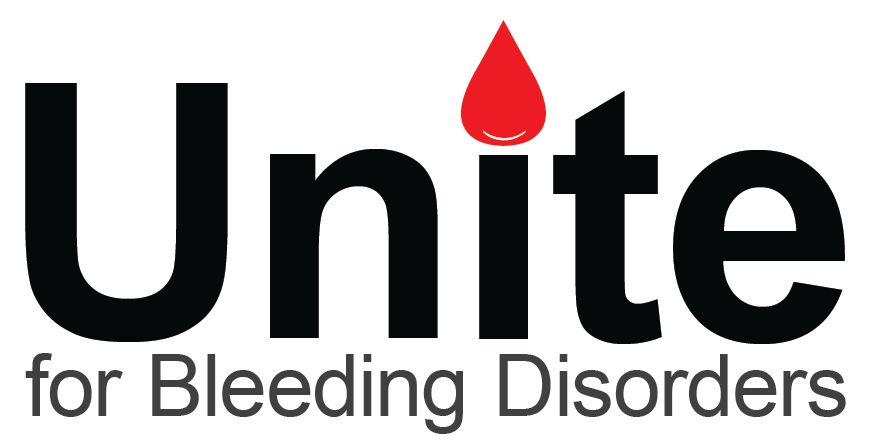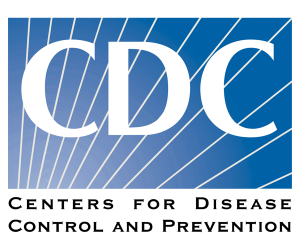The National Bleeding Disorders Foundation (NBDF) and the NBDF Nebraska Chapter have advocated for the needs and interests of people affected by hemophilia and related bleeding disorders for almost 60 years. In this role, we have educated elected officials and others in government about the unique needs of people with bleeding disorders. As a result of efforts at the federal level, millions of dollars in government funding has been used to improve medical care, services, education, and safety and surveillance of blood and blood products.
In 1998, NBDF was instrumental in securing passage of the Ricky Ray Hemophilia Relief Fund Act, which provided compensation to individuals (and their families) who acquired HIV from contaminated clotting factor products. Since then, NBDF’s advocacy efforts have raised awareness of bleeding disorders, protected individuals from discrimination, and ensured full access to high-quality care.
On the federal level, NBDF’s annual Washington Days provides an opportunity for the community to come together to discuss key issues impacting access to care, learn about advocacy, meet with elected officials, and put a face on bleeding disorders. We continually monitor issues on the federal level and update our advocacy priorities as issues arise, such as ensuring funding for federal hemophilia programs and research, Food and Drug Administration (FDA) related issues including blood and blood product safety and protecting access to affordable, quality care and treatment.
Advocacy at NBDF goes beyond Washington DC and Capitol Hill. The NBDF Nebraska Chapter, as well as other key stakeholder groups across the country, work to address community needs on the state and local levels. By uniting, mobilizing and leveraging our collective resources, we have made significant strides in impacting policies that affect the interests of people with bleeding disorders.
As on the federal level, we continually monitor issues on the state level for advocacy priorities purposes and examine how issues such as transitioning to managed care in state Medicaid programs, Medicaid expansion under the Affordable Care Act, and health care reform implementation (federal and state) impact the bleeding disorders community. Furthermore, we continue to work with state governments to establish standards of service to ensure quality of care for our community.
You can help us make a difference. Start right here by learning about critical issues facing people with bleeding disorders. Join us to raise awareness and promote the best practices and policies in your state.










